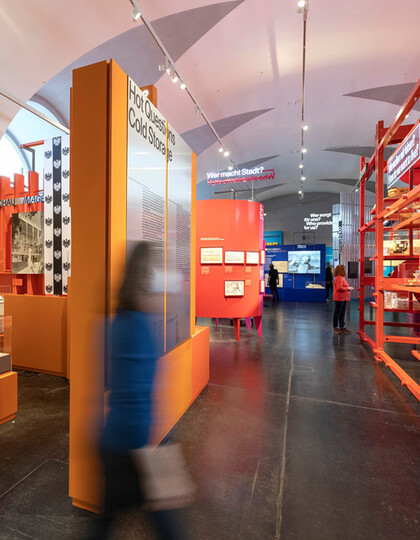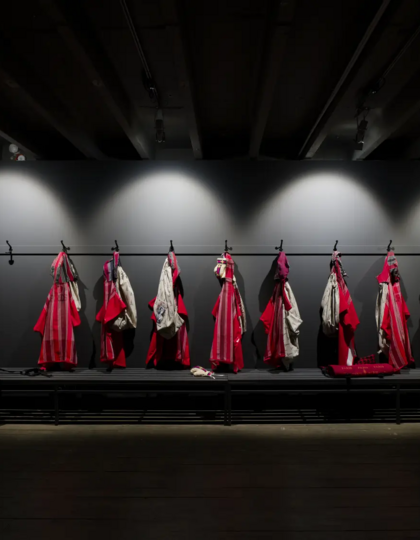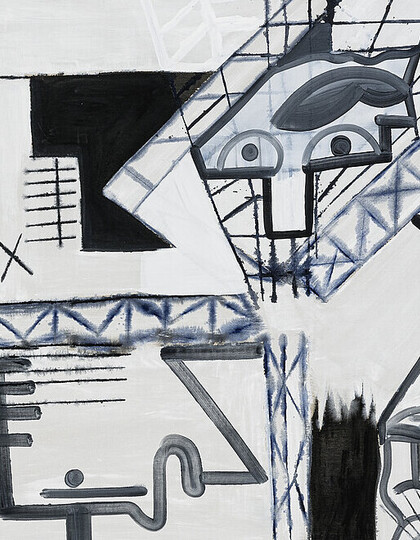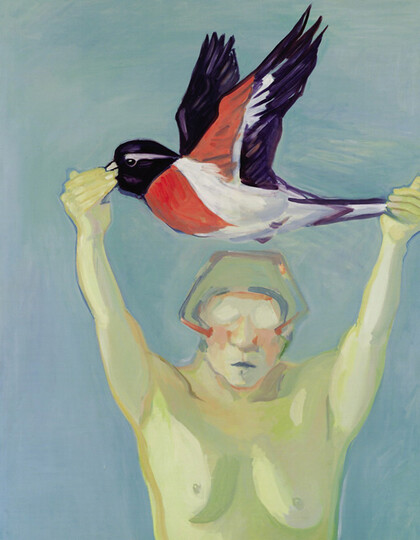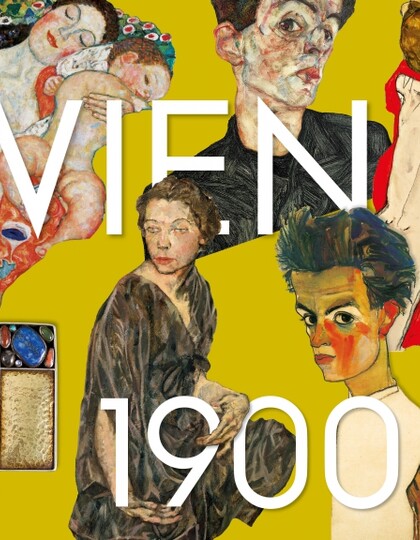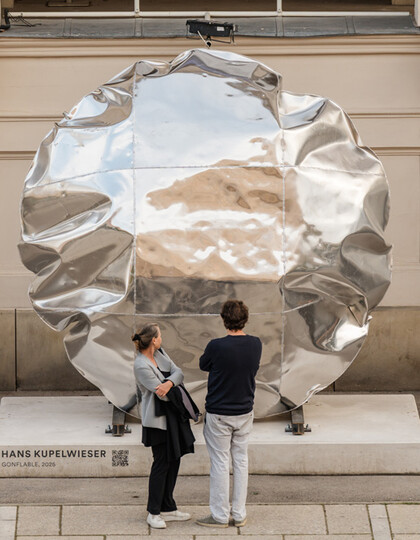27.11.2025 to 27.11.2025 - Halle E+G
Waltz Symphony
DIGITAL, DANCE/PERFORMANCE/MUSIC
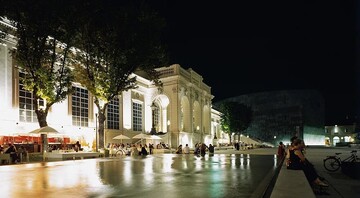
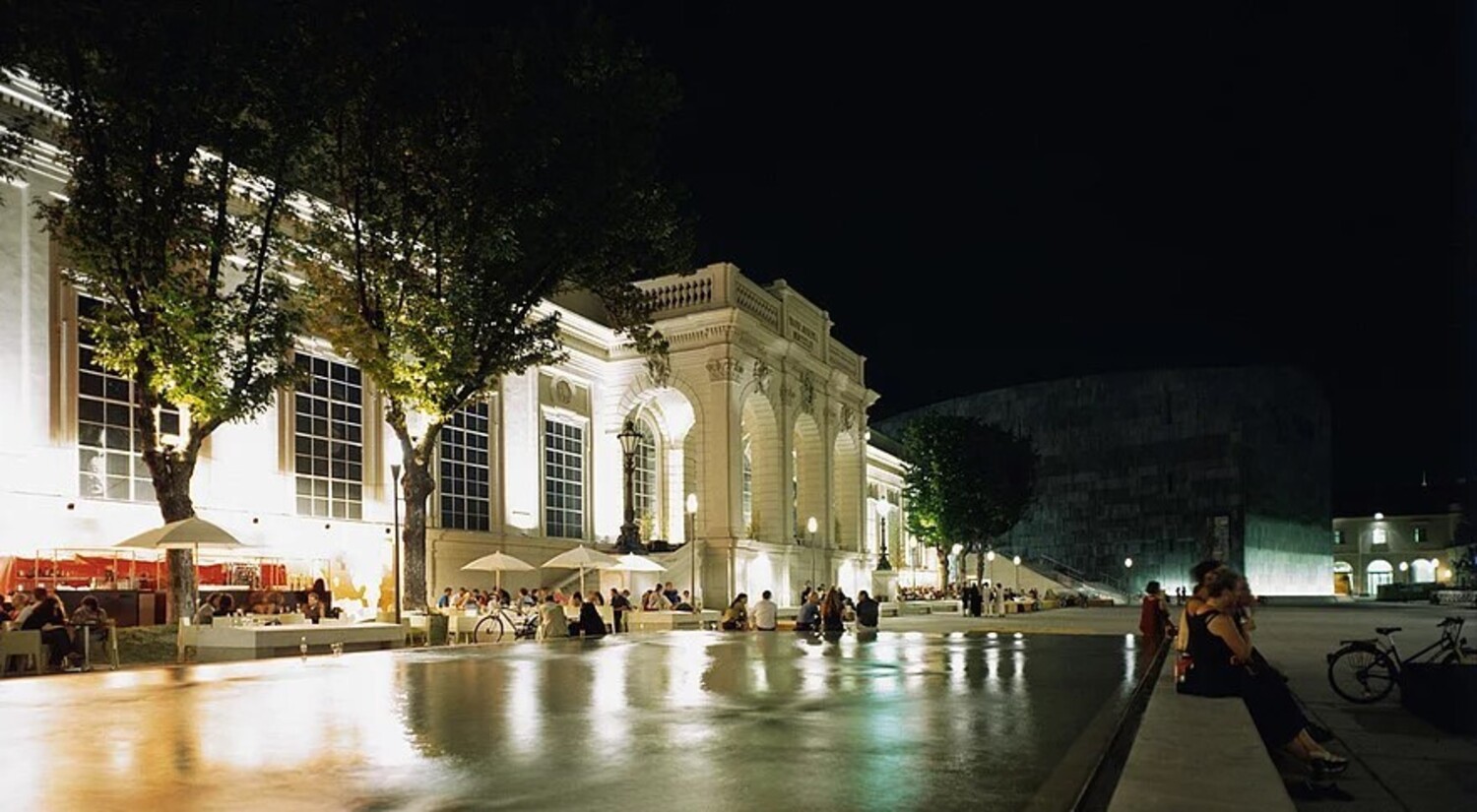
Johann Strauss 2025: Waltz Symphony
Thu 27.11., 19h., Halle E
Johann Strauss shaped light music in both the narrowest and broadest sense, yet never composed a single symphony. This makes it all the more impressive that he wrote 500 waltzes, polkas and quadrilles during his lifetime. Like a "demonic composing machine," he created new music day and night. Strauss might not have been averse to a real composing machine. After all, as a child of the Industrial Revolution, he was an advocate of technological progress. In addition to the Electromagnetic Polka, the Motor Waltz and the Through the Telephone Polka, he also dedicated the Waltz Accelerations to the Technician's Ball at the University of Vienna. Now, a new waltz symphony is to be created in close collaboration between man and machine: together with the Ars Electronica Futurelab, we are inviting four young composers to devote themselves to this task using an AI-based composition system. The result will be premiered by Roland Neuwirth. The "innovator of the Viennese song" whisks us away into the whirlwind of the Viennese waltz with his waltz symphony.
"The Viennese waltz is an attitude to life. Especially in difficult times, we let ourselves be carried away by the music, lose ourselves in the whirlpool of the Viennese waltz, in the trance-like state of the stretta or in the mechanical beat of grooving three-four time: Today Vienna." (Roland Neuwirth)
AI research meets classical music
On behalf of Johann Strauss 2025 Vienna, Ars Electronica Futurelab is collaborating with students from four music academies in Austria, Germany and Switzerland to explore how composers and musicians can creatively harness the potential of artificial intelligence. Far removed from imitation or automation, for which AI is increasingly being used in a musical context, the "Waltz Symphony" project explores artistic, innovative and individual ways of working with modern AI using the music of Johann Strauss. The starting point for these considerations is the AI-based composition system Ricercar, which has been developed since 2019 by AI researcher and musician Ali Nikrang at the Ars Electronica Futurelab and is specifically tailored to the needs of classical composition. Ricercar was trained with thousands of pieces from the music repertoire of the last centuries. For the anniversary year 2025, the pool has been specifically expanded to include pieces by Johann Strauss. This musical resource, together with the countless variation possibilities offered by the AI tool, gives composers the opportunity to engage with the music of Johann Strauss in a completely new way.
Waltz Symphony invites composition students from the University of Music and Performing Arts Vienna, the Mozarteum University Salzburg, the Zurich University of the Arts and the University of Music and Performing Arts Munich to explore Ricercar as a creative tool for their own new compositions. The focus is less on the result and more on the process itself: how can AI become a source of inspiration for artists? How can human creativity find new formats and forms of expression through AI? Based on workshops at the universities in the summer of 2024, four selected students will compose a four-part musical piece in collaboration with Ricercar by spring 2025. The contributions will be combined into a symphony, which the Bruckner Orchestra Linz will perform on two dates in autumn 2025.
Halle E+G
contact
Halle E + G BetriebsgesmbH
Museumsplatz 1, A-1070 Vienna
Tel.: +43 1 524 33 21-0
office@halleneg.at
www.halleneg.at

